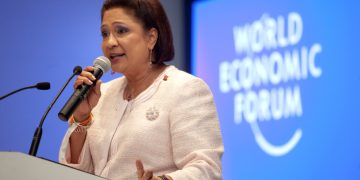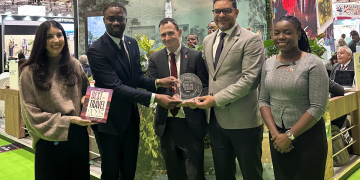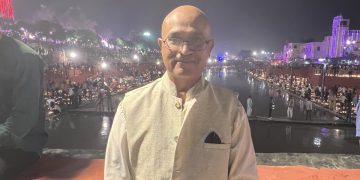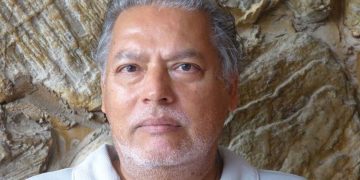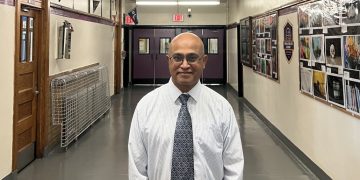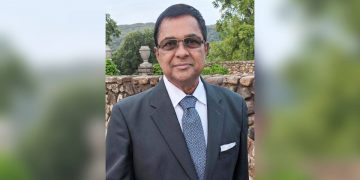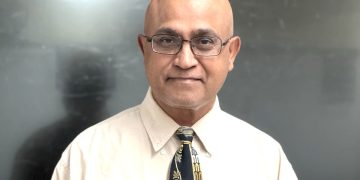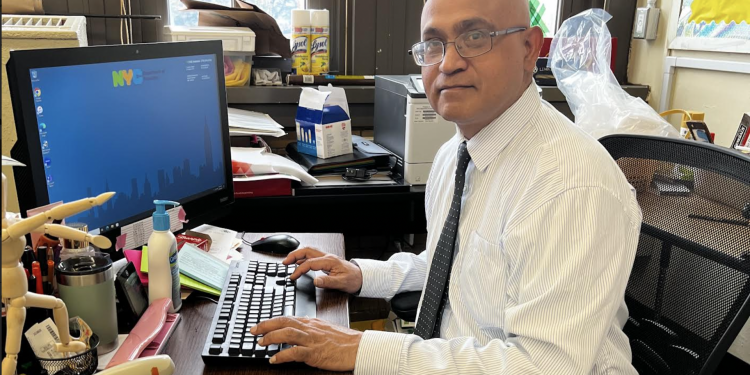The Indian Council for Cultural Relations (ICCR) commemorated its 75th year of existence with a seminar organized virtually (on line) in Guyana on April 9. The High Commissioner to Guyana is Dr Amit Telang who has been deeply engaged with the government and grass roots Guyanese to cement cultural and commercial ties with India.
The ICCR was founded in April 9, 1950 to promote cultural exchanges with other countries and people, and to improve relations with nations through the medium of culture and since then its influence has grown globally. The Swami Vivekanand Centers in Guyana and other countries in the region have making important contributions to the country. I and many other Indians as well as non-Indians greatly appreciate all the support provided by India to our region. Indians take great pride to be blessed with a culture handed down by their ancestors who came to shore since 1838.
Indian values are universal. From ancient times, India has been a center of higher learning as it is one of the oldest civilizations in the world. India has been known for its tremendous cultural influence around the globe for thousands of years, and even more so with a direct presence of Indians globally since 1828 in Reunion Island, Mauritius in 1834, Guyana in 1838, and elsewhere in subsequent years transplanting their culture. In recent decades with migration of Indians, their cultural practices have been institutionalized in different parts of UK, USA, Canada, and other western societies.
Some scholars describe India as a beacon of light for the West for centuries. As others pointed out, the richness of India’s culture is manifested traditions, practices, languages, faiths and rituals. Though invaded and oppressed by foreigners and through colonial rule for centuries, the people of India still hold on to their rich culture and heritage. To promote and share this rich culture, ICCR was established. Its mission is to help foster and strengthen cultural and other relations and mutual understanding between India and other countries.
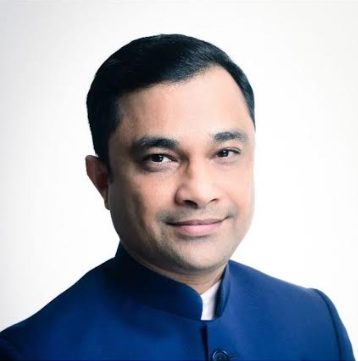 ICCR was founded as an autonomous (governs itself) organization of the Government of India with funding from the central government. It has been involved in India’s ‘soft power’ diplomacy, promoting India’s global cultural relations through cultural exchange with the government and people of other countries. ICCR has sought to encourage mutual understanding between India and people of other nations and cultures. The ICCR has centers in some two dozen countries including in Guyana, Trinidad, Suriname, and Jamaica and also sends teams of cultural promoters to countries where there are no centers. The cultural centers were recently renamed Swami Vivekanand cultural centers. The centers provide a platform to promote Indian art, theatre, instrumental and vocal music of the genres and folkart forms to audiences abroad. They disseminate information and engage in activities relating to India’s heritage, values and philosophy. These centers and ICCR’s other programs create an endearing image of India’s soft power overseas.
ICCR was founded as an autonomous (governs itself) organization of the Government of India with funding from the central government. It has been involved in India’s ‘soft power’ diplomacy, promoting India’s global cultural relations through cultural exchange with the government and people of other countries. ICCR has sought to encourage mutual understanding between India and people of other nations and cultures. The ICCR has centers in some two dozen countries including in Guyana, Trinidad, Suriname, and Jamaica and also sends teams of cultural promoters to countries where there are no centers. The cultural centers were recently renamed Swami Vivekanand cultural centers. The centers provide a platform to promote Indian art, theatre, instrumental and vocal music of the genres and folkart forms to audiences abroad. They disseminate information and engage in activities relating to India’s heritage, values and philosophy. These centers and ICCR’s other programs create an endearing image of India’s soft power overseas.
Besides being involved in cultural promotions, ICCR has been administering scholarship programs of the Government of India to foreigners. Programs have provided social and economic development abroad through technical assistance, and creating mutual understanding between Indians and populations served.
Some 5,000 foreign students from 140 countries were beneficiaries (with diploma and degrees thru the PhD) under this scheme in varied fields of endeavors. Guyanese and other West Indians took advantage of the opportunities for study offered by ICCR. Hundreds of Guyanese were (or are) beneficiaries of the program studying dance, music, singing, Hindi, acting, yoga, and other subjects. ICCR sponsored programs have helped to change the life of tens of millions of people in the world for better promoting social and economic development through technical assistance. IT has helped to lift the human condition in many countries,
The principal goal of ICCR has been to foster harmony among people of Indian origin and non-Indians and to encourage interactions between the people of India and other countries and project Indian distinct cultural identity all over the world. To achieve its goal, ICCR hosts seminars, conferences, workshops, concerts, lessons in yoga, music, dancing, among other activities, abroad and at its centers in India to promote India in order to make foreigners understand and appreciate Indian culture. Cross-cultural ties are strengthened. The staff of ICCR in Guyana work closely with Guyanese. Several Guyanese volunteer with the organization to build support and trust. They are deeply honored to serve as volunteers. They recognize that the organization has helped to help promote a better understanding of India among Guyanese of all races and of Guyanese on the part of Indian nationals.
ICCR has been very kind and generous to Guyana and Guyanese. Many beneficiaries of ICCR’s programs have been Guyanese. Recipients of grants and scholarships appreciate very much India’s generosity. It is hoped that the effect of the organization’s many programs and scholarships will reverberate in stronger diplomatic, strategic and economic relations.
























